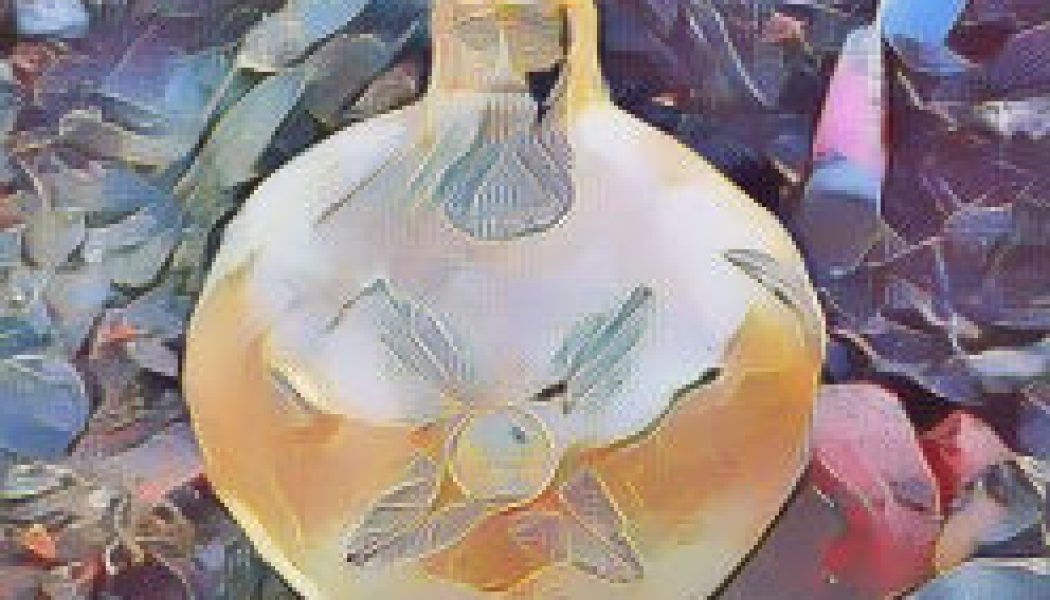Bellarmine Jugs
Bellarmine Jugs and their Connection to Witchcraft1
Bellarmine jugs, bottles, and drinking mugs were produced by the potteries of the Rhineland area, from the sixteenth century onwards. They were exported in large numbers to this country, where they be...
Bellarmine Jugs and their Connection to Witchcraft2
When used as a witch-bottle, these vessels have been found with highly unpleasant contents, such as human hair entangled with sharp nails, cuttings of human finger-nails, a piece of cloth in the shape...
Bellarmine Jugs and their Connection to Witchcraft3
Believing that a magical link existed between the witch and themselves, they tried to put the magic into reverse, and turn it back upon the sender. They used their own hair, nail-clippings, urine, etc...
Bellarmine Jugs and their Connection to Witchcraft4
In Christian times, sculptors tried to work it into Church decorations by calling it a symbol of the Holy Trinity; but in the sixteenth century, it was banned by the Council of Trent, who declared it ...

